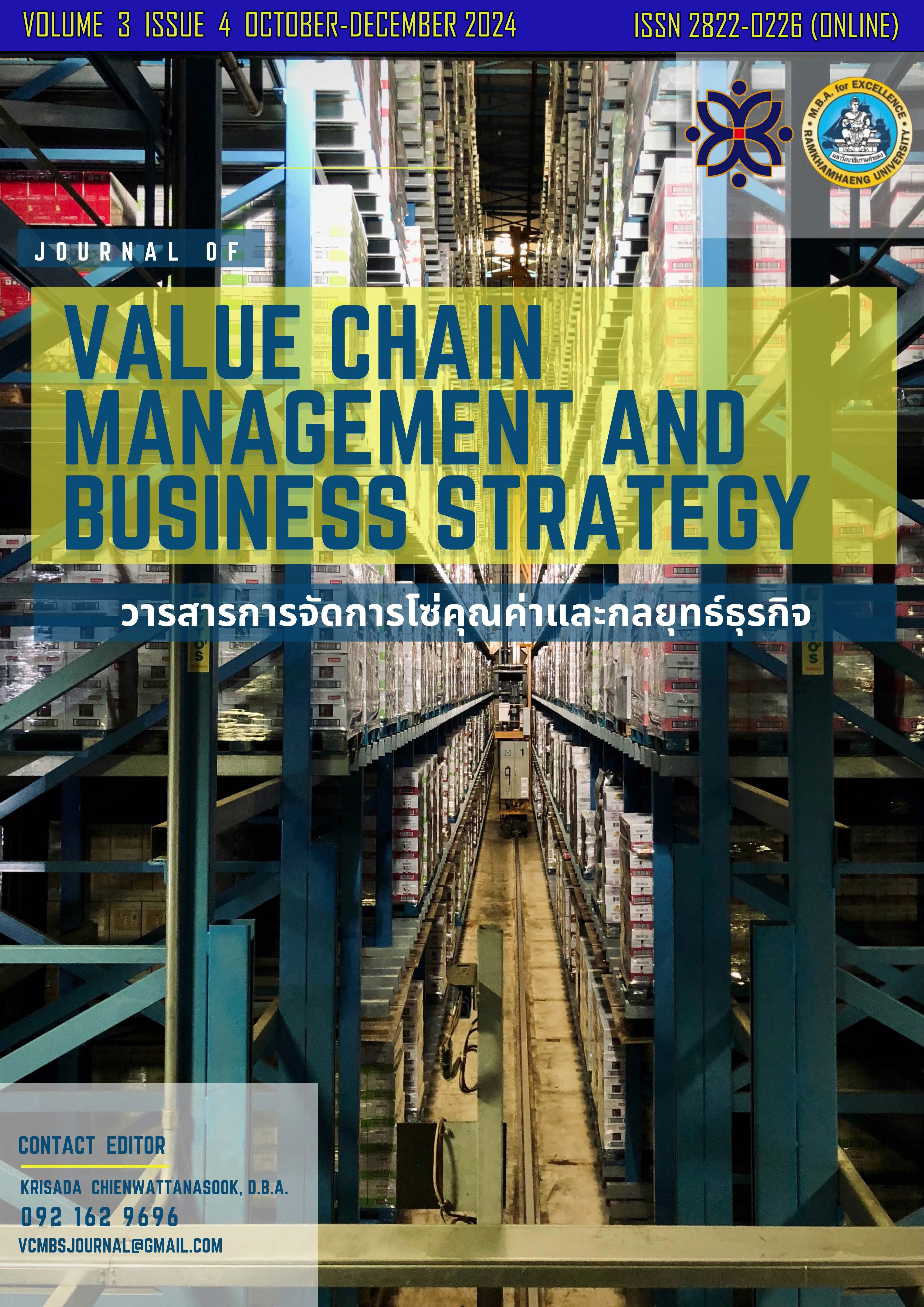THE IMPACT OF FINANCIAL RATIOS ON DIVIDEND YIELDS: EVIDENCE FROM LISTED COMPANIES IN THE MARKET FOR ALTERNATIVE INVESTMENTS (MAI)
Keywords:
Financial Ratio, Dividend Yield, MAIAbstract
The objective of the study is to examine the impact of financial ratio proxies, such as liquidity, leverage, profitability and asset efficiency on dividend yield. The final sample of the study consists of 87 MAI-listed firms (367 firm-year observations). The study spans five years, from 2019 to 2023, and we use dividend yields to evaluate the dividend behavior of the sample firms. We test the hypotheses through a multiple regression analysis.
The research results show that return on assets (ROE) has a significant positive impact, whereas account receivable turnover has a significant negative impact on dividend yield. In addition, firm characteristics show a significant positive relationship between firm age and dividend yield. This study shows that according to agency theory and signaling theory, there is a relationship between profitability and the ability to send greater signals for dividend yield. It was also found that a longer operating period has an impact on the return on investment.
References
Baker, H. K., & Weigand, R. (2015). Corporate dividend policy revisited. Managerial Finance, 41(2), 126–144. https://doi.org/10.1108/MF-03-2014-0077
Barclay, M. J., Smith, C. W., & Watts, R. L. (1997). The determinants of corporate leverage and dividend policies. Journal of Financial Education, 23, 1–15. https://doi.org/10.1111/j.1745-6622.1995.tb00259.x
Basse, T., & Reddemann, S. (2011). Inflation and the dividend policy of US firms. Managerial Finance, 37(1), 34–46. https://doi.org/10.1108/03074351111092139
Benavides, J., Berggrun, L., & Perafan, H. (2016). Dividend payout policies: Evidence from Latin America. Finance Research Letters, 17, 197–210. https://doi.org/10.1016/j.frl.2016.03.012
Bernhardt, D., Douglas, A., & Robertson, F. (2005). Testing dividend signaling models. Journal of Empirical Finance, 12(1), 77–98. https://doi.org/10.1016/j.jempfin.2003.10.002
Black, F. (1976). The dividend puzzle. Journal of Portfolio Management, 2(2), 5–8. http://dx.doi.org/10.3905/jpm.1976.408558
Brockman, P., & Unlu, E. (2009). Dividend policy, creditor rights, and the agency costs of debt. Journal of Financial Economics, 92(2), 276–299. https://doi.org/10.1016/j.jfineco.2008.03.007
Chang, R. P., & Rhee, S. G. (1990). The Impact of Personal Taxes on Corporate Dividend Policy and Capital Structure Decisions. Financial Management, 19(2), 21–31.
Darling, P. G. (1957). The influence of expectations and liquidity on dividend policy. Journal of Political Economy, 65(3), 209–224. http://dx.doi.org/10.1086/257920
Farooq, M., Al-Jabri, Q., Khan, M. T., Ali Ansari, M. A., & Tariq, R. B. (2024). The impact of corporate governance and firm-specific characteristics on dividend policy: An emerging market case. Asia-Pacific Journal of Business Administration, 16(3),
–529. https://doi.org/10.1108/APJBA-01-2022-0007
Hair Jr., J. F., Black, W. C., Babin, B. J., & Anderson, R. E. (2009). Multivariate Data Analysis (7th Edition). Prentice Hall.
Houqe, M. N., Monem, R. M., & van Zijl, T. (2023). Business strategy, cash holdings, and dividend payouts. Accounting & Finance, 63(4). https://doi.org/10.1111/acfi.13082
Jensen, M. C., & Meckling, W. H. (1976). Theory of the Firm: Managerial Behavior, Agency Costs and Ownership Structure. Journal of Financial Economics, 3(4), 305–360. https://doi.org/10.1016/0304-405X(76)90026-X
Jia, Z. T., & McMahon, M. J. (2019). Dividend payments and excess cash: An experimental analysis. Journal of Behavioral and Experimental Economics, 83, 101458. https://doi.org/10.1016/j.socec.2019.101458
Jitmaneeroj, B. (2017). The impact of dividend policy on price-earnings ratio. Review of Accounting and Finance, 16(1), 125–140. https://doi.org/10.1108/RAF-06-2015-0092
Kumar, J. (2006). Corporate governance and dividends payout in India. Journal of Emerging Market Finance, 5(1), 15–58. https://doi.org/10.1177/097265270500500102
La Porta, R., Lopez‐de‐Silanes, F., Shleifer, A., & Vishny, R. W. (2000). Agency problems and dividend policies around the world. The Journal of Finance, 55(1), 1–33. https://dx.doi.org/10.2139/ssrn.52871
Lintner, J. (1956). Distribution of incomes of corporations among dividends, retained earnings, and taxes. The American Economic Review, 46(2), 97–113.
Mahachote, P., & Channgam, J. (2022). The Relationship Between Performance, The Board of Directors Structure, The Shareholder Structure and Efficiency of Dividend of The Real Estate and Construction Industry Listed on The Stock Exchange of Thailand. SSRU Journal of Public Administration, 5(2), 218–232.
Mai, M. U., Djuwarsa, T., & Setiawan, S. (2023). Board characteristics and dividend payout decisions: Evidence from Indonesian conventional and Islamic bank. Managerial Finance, 49(11), 1762–1782. https://doi.org/10.1108/MF-11-2022-0541
Michael Spence. (1973). The MIT Press is collaborating with JSTOR to digitize, preserve and extend access to The Quarterly Journal of Economics. Job Market Signaling, 3(87), 355–374. https://doi.org/10.2307/1882010
Miller, M. H., & Modigliani, F. (1961). Dividend policy, growth, and the valuation of shares. The Journal of Business, 34(4), 411–433. http://dx.doi.org/10.1086/294442
Ouyang, P., & Zhong, L. (2023). Asset redeployability and dividend payout policy. The Quarterly Review of Economics and Finance, 90, 91–105. https://doi.org/10.1016/j.qref.2023.05.005
Pattiruhu, J. R., & Paais, M. (2020). Effect of liquidity, profitability, leverage, and firm size on dividend policy. The Journal of Asian Finance, Economics and Business, 7(10), 35–42. https://doi.org/10.13106/jafeb.2020.vol7.no10.035
Purwanti, T. (2020). The effect of profitability, capital structure, company size, and dividend policy on company value on the Indonesia stock exchange. International Journal of Sociology, 60–66. http://dx.doi.org/10.29040/seocology.v1i02.9
Puspitaningtyas, Z., & Kurniawan, A. W. (2012). How good the financial ratios in determining the dividend yield. In Airlangga Accounting International Conference & Doctoral Colloquium (pp.1-14). Nusa Dua Bali.
Rajverma, A. K., Misra, A. K., Mohapatra, S., & Chandra, A. (2019). Impact of ownership structure and dividend on firm performance and firm risk. Managerial Finance, 45(8), 1041–1061. https://doi.org/10.1108/MF-09-2018-0443
SET Research. (2023). Dividend Festival: Identify the optimal time to select dividend stocks. https://media.set.or.th/common/research/1214.pdf
Shamsabadi, H. A., Min, B.-S., & Chung, R. (2016). Corporate governance and dividend strategy: Lessons from Australia. International Journal of Managerial Finance, 12(5), 583–610. https://doi.org/10.1108/IJMF-08-2015-0156
Siam Commercial Bank of Thailand. (2024). Stock dividend give you more than you think. https://www.scb.co.th/en/personal-banking/stories/grow-your-wealth/stock-dividend-advantage.html?12
Stock Exchange of Thailand. (2022). Dividend stocks: Should one opt for cash payments or payments in the form of shares? Which option should you select? https://www.setinvestnow.com/th/knowledge/article/125-tsi-cash-dividend-or-stock-dividend
Williams, J. (1938). The theory of investment value. Harvard University Press.
Downloads
Published
How to Cite
Issue
Section
License
Copyright (c) 2024 Journal of Value Chain Management and Business Strategy

This work is licensed under a Creative Commons Attribution-NonCommercial-NoDerivatives 4.0 International License.




